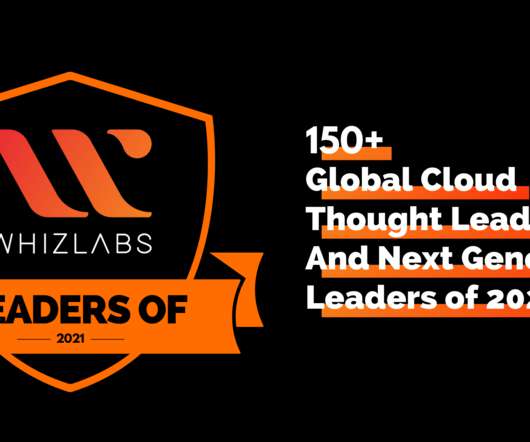What AIOps Means for Fintech in 2021
GAVS Technology
AUGUST 16, 2021
In 2017, Gartner predicted that the use of Artificial Intelligence for IT Operations or AIOps would increase by 40% in 2021. Initially, Fintech was just focused on transactions, bookkeeping, and digital currency. Financial institutions are also using digital service desk AI software to improve overall work and client engagement.











Let's personalize your content